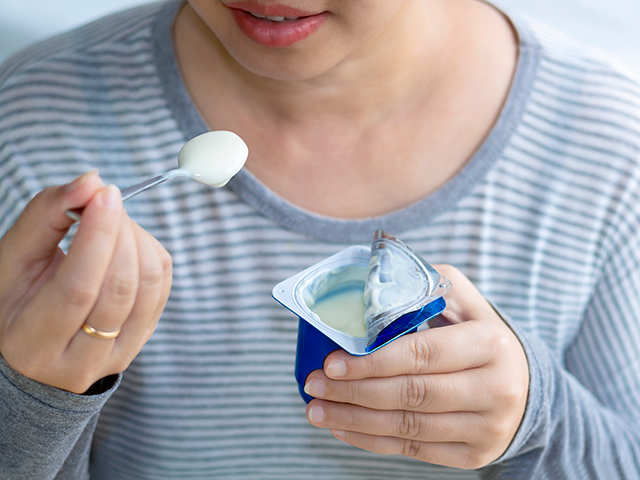In the ever-evolving landscape of children’s health, parents are constantly seeking ways to ensure the well-being of their little ones. One emerging area of interest is the role of probiotics in promoting children’s health. Probiotics, often referred to as “good bacteria,” have gained significant attention for their potential to positively impact gut health and overall well-being. In this blog post, we will delve into the world of probiotics and explore their benefits for kids’ health.
Understanding Probiotics
Probiotics are live microorganisms, primarily bacteria, that are believed to offer a range of health benefits when consumed in adequate amounts. These beneficial microorganisms can be found in certain foods, like yogurt, kefir, sauerkraut, and kimchi, as well as in dietary vitamins. Probiotics are commonly associated with a healthy gut, as they play a crucial role in maintaining a balanced gut microbiota – the diverse community of microorganisms residing in the digestive tract.
The Gut-Brain Connection
A growing body of research suggests a strong connection between gut health and brain health, often referred to as the “gut-brain axis.” This connection highlights the intricate communication between the gut and the brain, influencing various aspects of physical and mental well-being. In children, balanced gut microbiota has been linked to improved cognitive function, mood regulation, and even behavior. Probiotics are thought to contribute to this balance, potentially enhancing children’s overall mental health.
Boosting Immune Function
Children are susceptible to various illnesses, especially when their immune systems are still developing. Probiotics are believed to play a role in supporting immune function by helping to regulate the body’s immune responses. Some studies suggest that certain strains of probiotics can reduce the frequency and severity of common childhood infections, such as colds and respiratory infections. By bolstering the immune system, probiotics may contribute to fewer sick days and a more active lifestyle for children.
Digestive Health Benefits
Digestive issues like constipation, diarrhea, and irritable bowel syndrome (IBS) can disrupt a child’s daily life and lead to discomfort. Probiotics are known to influence gut motility and balance, potentially alleviating some of these digestive problems. For example, the strain Lactobacillus rhamnosus GG has been shown to be effective in reducing the duration and severity of acute infectious diarrhea in children. Introducing probiotics into a child’s diet could provide a natural solution to these common issues.
Easing Allergies and Eczema
Childhood allergies and eczema have become increasingly prevalent in recent years. Researchers are investigating the role of probiotics in modulating the immune system’s response to allergens and inflammatory conditions. While more research is needed in this area, some studies suggest that certain probiotic strains might help reduce the risk of allergies and eczema in children, particularly those with a family history of such conditions.
Choosing the Right Probiotics
Not all probiotics are created equal, and choosing the right strain is crucial to reap the potential benefits for children’s health. When considering probiotics for your child, consult with a pediatrician or a healthcare professional. They can guide you in selecting a suitable probiotic strain based on your child’s specific health needs.

Incorporating Probiotics into Children’s Diets
Incorporating probiotics into a child’s diet can be done through both food sources and vitamins. Fermented foods like yogurt, kefir, and unpasteurized sauerkraut are rich in probiotics and can be introduced as part of a balanced diet. However, some children may be picky eaters or have dietary restrictions that make it challenging to obtain sufficient probiotics solely from food. In such cases, pediatric-approved probiotics can be considered.
Potential Side Effects and Precautions
While probiotics are generally considered safe for most children, some may experience mild side effects such as bloating, gas, or an upset stomach when initially introducing probiotics into their diet. To minimize the risk of adverse reactions, start with a low dose and gradually increase it. Additionally, children with compromised immune systems or serious underlying health conditions should consult a healthcare professional before adding probiotics to their regimen.
Conclusion
The landscape of children’s health is evolving, and as parents, we are constantly seeking ways to support our children’s growth and well-being. Probiotics offer a promising avenue for promoting kids’ health by positively influencing gut health, immune function, and more. While research is ongoing and individual responses may vary, the potential benefits of probiotics in children make them a topic worth exploring further. By making informed decisions, consulting healthcare professionals, and introducing probiotics in a balanced manner, parents can navigate the world of probiotics and contribute to their children’s overall health and happiness.













